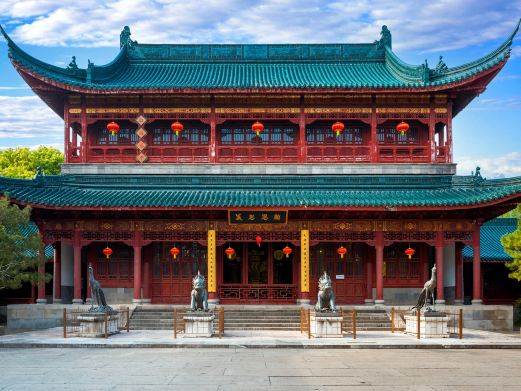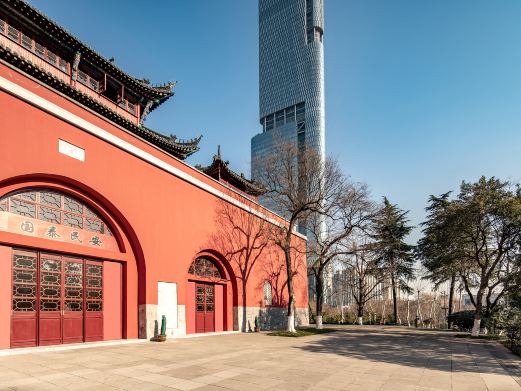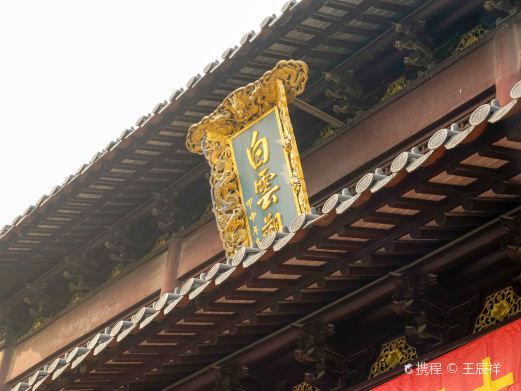In ancient Chinese architecture, folk eaves tiles can be seen on almost every eaves. Some are simple, some are exquisite, some are practical, and some are beautiful. From the eaves tiles, one can fully reflect the social status of this family at that time. Eaves tiles are actually easy to understand. The ’tile’ is arc-shaped downward and is also called ‘eaves head’. The ‘dang’ is arc-shaped upward and is also called ‘dripping water’. Together, they are called ‘eaves tiles’. Eaves tiles are located at the eaves and are a decorative accessory on traditional architecture. They are used to cover the rafter heads at the end of the tiles. They are often decorated with patterns. At the same time, they also facilitate the drainage of water and play a role in protecting the rafters from rain erosion and prolonging the life of the building. Eaves tiles are made of simple materials, are fragile, and are inconvenient to preserve. Coupled with different cultural backgrounds in each period, ancient eaves tiles have certain cultural, historical, and artistic values. In the exhibition hall, there are six categories including lace drips, chopstick cages, brick carvings, ancient bricks, and pottery figurines, with more than 300 varieties. Among them are traditional eaves tiles with rich beautiful wishes; there are temple eaves tiles with religious colors, and there are political pattern eaves tiles indicating a certain historical period. The various eaves tiles not only add to the beauty of ancient buildings and give people an aesthetic enjoyment, but also are valuable materials in Chinese calligraphy, seal engraving, painting, etc. They have certain reference value for studying politics, economy, culture, etc. in various periods of ancient China.
Opening hours: Open all year round from 08:00 to 17:30. For specific opening hours, please consult the scenic area.Jiangnan Eaves Tile Museum
In ancient Chinese architecture, folk eaves tiles can be seen on almost every eaves. Some are simple[...]









